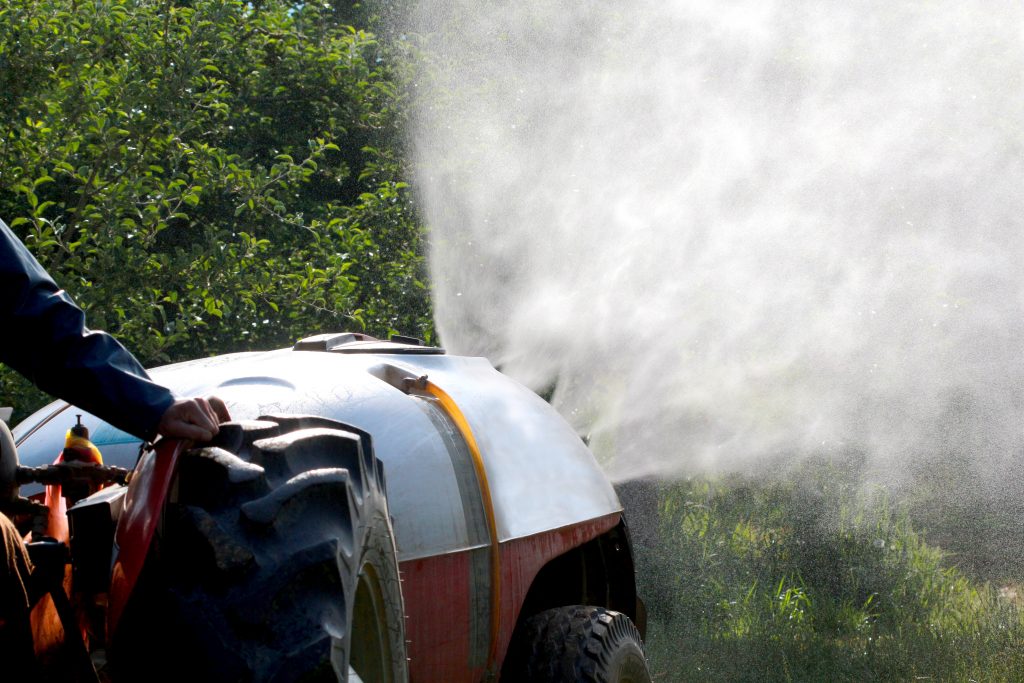By Clint Thompson
Increased rainfall in Georgia means specialty crop producers should be increasing their fungicide applications.


Tim Coolong, associate professor in the University of Georgia College of Agricultural and Environmental Sciences, cautions growers about the disease potential in areas of increased moisture.
“It’s the same ol’ thing where drought for most vegetable growers, drought isn’t really that bad of a thing, because they like to be the ones putting the water out,” Coolong said. “They’re just going to have to step up scouting for diseases, and they may have to beef up some of their fungicide programs.”
Consistent rain events in Athens, Georgia, prompted Coolong to turn off irrigation on his research trials. It’s a similar scenario in other parts of the state. Georgia’s only dry conditions are centered in the southwest part of the state, according to the U.S. Drought Monitor. This includes Wilcox, Ben Hill, Irwin, Berrien, Tift, Cook, Colquitt, Worth, Dougherty, Lee, Crisp and Turner counties.
“Most of the commercial guys are spraying on a regular schedule every week, every five days perhaps. I think when these consistent wet conditions come in, they may start to look to some of the higher dollar products that are increased efficacy for certain specific pathogens,” Coolong said. “They’re still using the broad-spectrum fungicides that are a little less expensive. But when pressure increases, they’ll put out heavy hitters, for lack of a more scientific term.
“With veggies more than anything, you have to have a marketable, sellable crop. If anything’s wrong with that, it doesn’t matter what you yielded, it’s not going to be sold. When a lot of growers look at purchasing fungicides, it’s almost like an opportunity cost. Yes, it’s very expensive, but if you miss a spray and lose a crop, you’re not getting anything. They do err on the side of the caution. Especially at this point in the season, they have a lot of money invested in those crops.”









